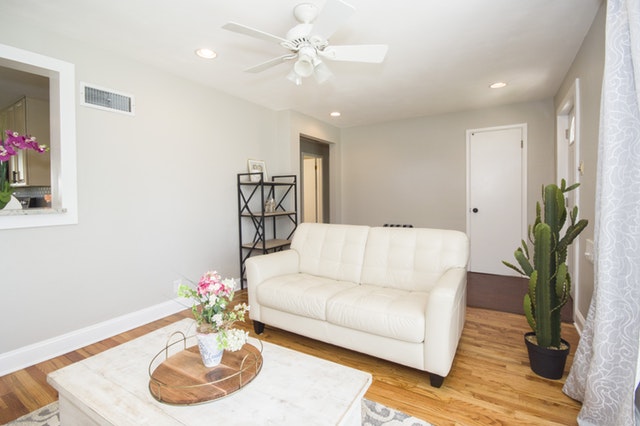Big Cities vs. Secondary Markets: Where to Buy?
 Atlanta, Charlotte, New York and Los Angeles are always on the real estate radar because of big ticket sales and good media coverage. The secondary markets – those markets without the celebrity undertones – may actually be better deals. With the price of borrowing money rising and occupation rates dropping in primary markets, places like Nashville and Birmingham are looking better to investors.
Atlanta, Charlotte, New York and Los Angeles are always on the real estate radar because of big ticket sales and good media coverage. The secondary markets – those markets without the celebrity undertones – may actually be better deals. With the price of borrowing money rising and occupation rates dropping in primary markets, places like Nashville and Birmingham are looking better to investors.
Where Are the Secondary Markets?
A secondary market is generally defined as a mid size or large city that has recorded an uptick in growth in the immediate past. They do not have quite the economic clout or media presence of a primary market, although they may rival each other in terms of population.
Generally, the influx of new attention for a secondary market will be from young professionals. These are people who are upwardly mobile and seeking new forms of skilled employment. This is what has driven the markets of cities like San Antonio, San Jose, San Diego, Phoenix and Philadelphia to new heights in recent years.
What Do Experts Think?
Experts believe that primary markets have topped out for the time being. With occupancy rates dropping from highs in the lower 90 percentiles, primary markets are just too saturated for their own good. Landlords in these areas are more unwilling to lower rents in these areas, because there are usually more high income earners established there who want to stay in the area to keep a legacy job or maintain a family.
Rising real estate prices and interest rates also put the primary housing market out of the reach of many outsiders. Researchers have found that doing real estate business in a secondary market can provide an investor with a 16% premium. The cost of real estate itself is around 38% lower. So are the costs of maintaining a property (energy costs 22% lower; labor costs 14% lower).
The New Primary Markets?
With respect to income, secondary market housing prices are up to 45% more affordable. Individuals notice this, and so do commercial investors and developers. This is why the mad rush to cities like Phoenix and San Diego will be red hot for the next few years, say investors, even in relation to established cities like Los Angeles and New York.
No matter where you are looking to purchase your new home, it is essential that you rely on your trusted mortgage professional to explore your financing options. Finding out how much you can afford can be a key element in deciding which market could be the best fit for you.

 Picking out a new flooring can be exciting. After all, as anyone knows, new flooring in a home or business property can completely change the entire atmosphere. A common question asked by commercial and residential property owners is “Should I go with laminate or hardwood flooring?”
Picking out a new flooring can be exciting. After all, as anyone knows, new flooring in a home or business property can completely change the entire atmosphere. A common question asked by commercial and residential property owners is “Should I go with laminate or hardwood flooring?” Forbes and other reputable publications have predicted a continued rise in interest rates over 2019. The initial shock of the Fed’s action caused a slowdown in real estate markets over the final part of 2018. As the shock wears off, experts are divided as to whether more expensive money will continue to translate into lower housing starts and occupancy rates for primary markets.
Forbes and other reputable publications have predicted a continued rise in interest rates over 2019. The initial shock of the Fed’s action caused a slowdown in real estate markets over the final part of 2018. As the shock wears off, experts are divided as to whether more expensive money will continue to translate into lower housing starts and occupancy rates for primary markets.